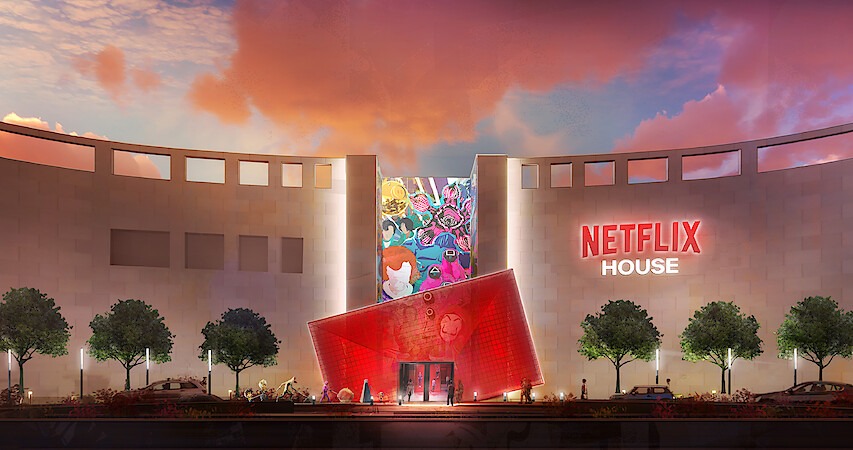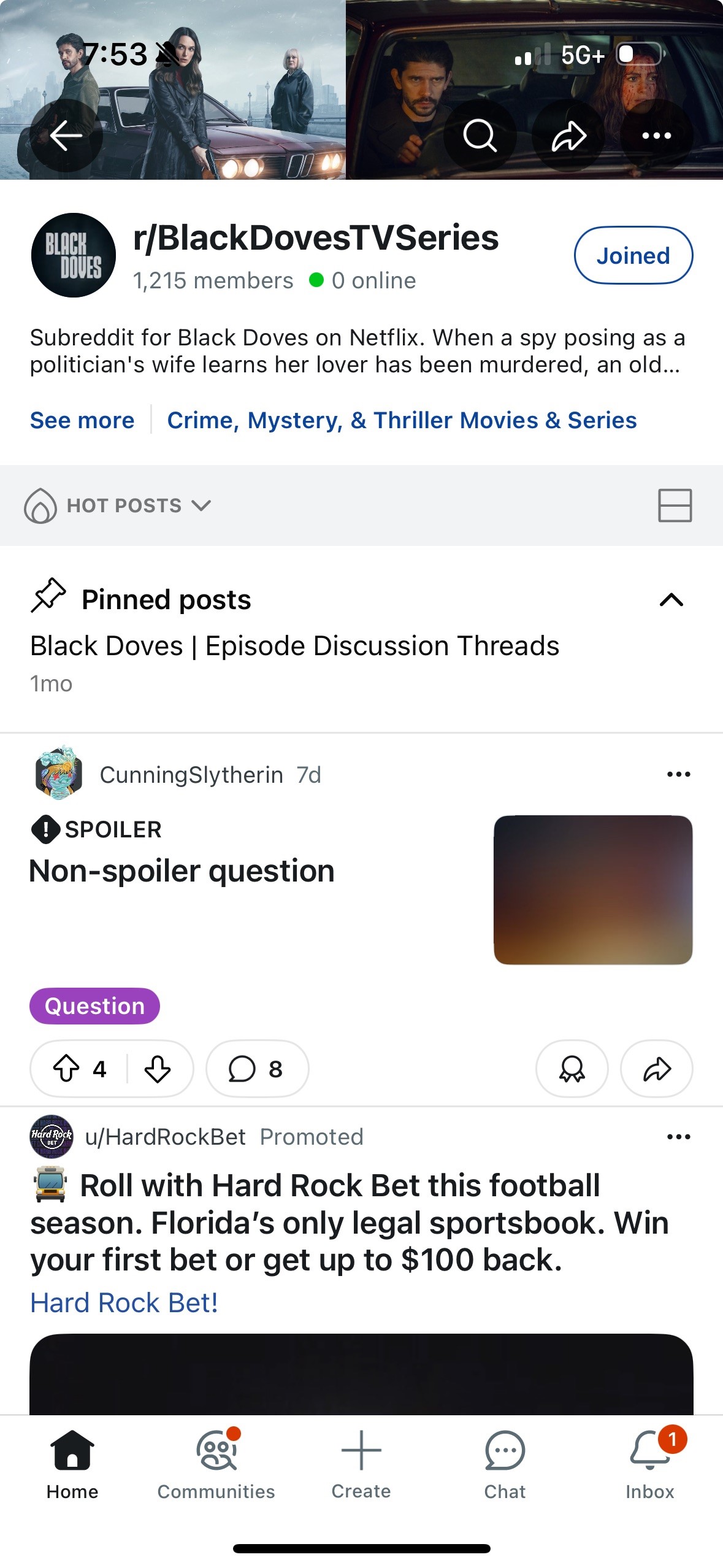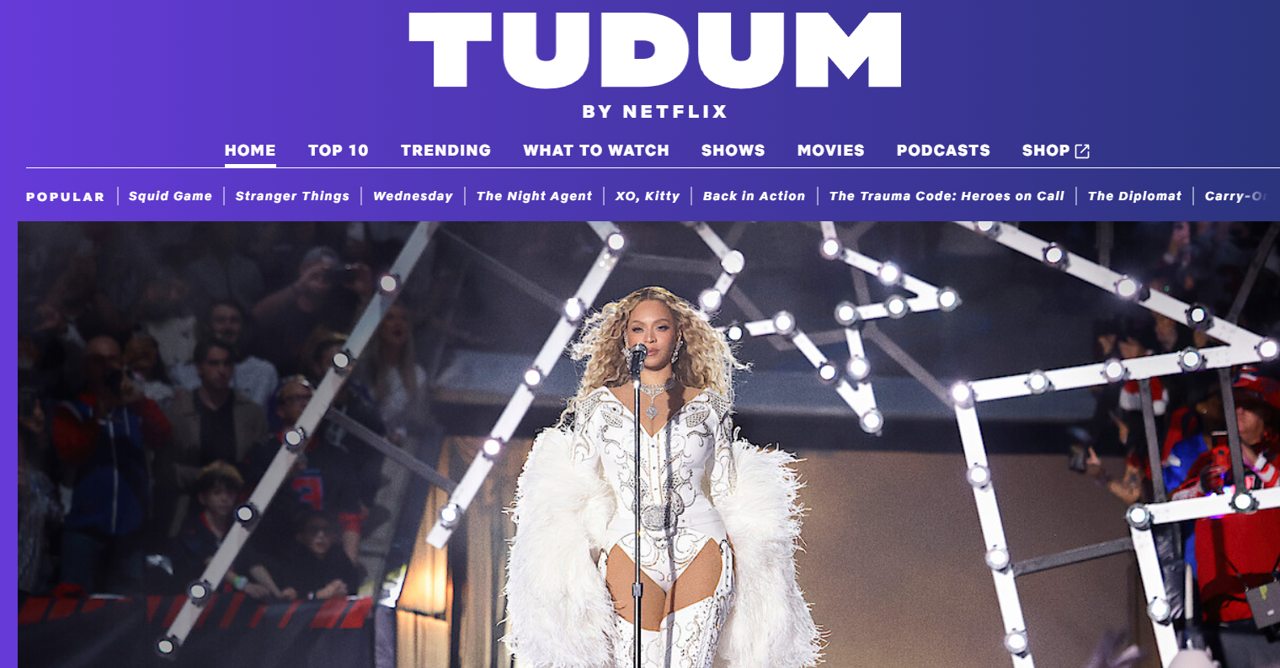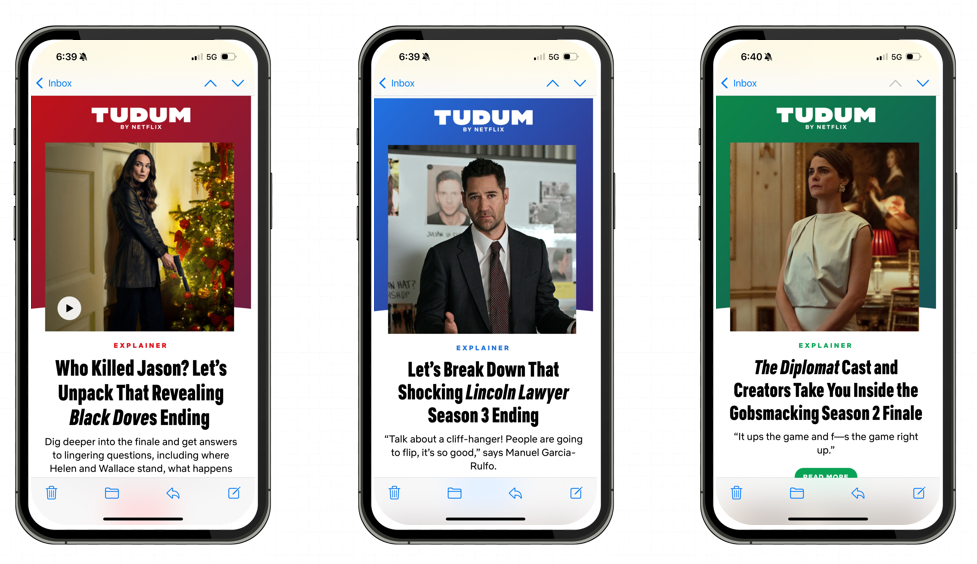There’s this weird feeling that hits me somewhere on Day 2 of CES. I’m on the exhibit floor somewhere in the middle of the crowded chaos of the Las Vegas Convention Center, and I’m looking at one gadget or another – an OLED TV, a pair of smart glasses, or a pillar-to-pillar dashboard display in an EV car’s interior.
And I get this gnawing sense of “device déjà vu.” Didn’t we just see this? Or was that yesterday? Or last year? And it hits you. As aesthetically beautiful as these over-the-top displays often are, what is it about this particular product that stands out? What is different about this TV, these ear buds, or this version of AI that breaks through, grabs your attention, and inspires you to take note and process what you’re seeing? In other words, why should I care?
Every brand at CES or in the wild needs that element of differentiation or it’s destined to be thought of as an also-ran, run of the mill, pedestrian. No matter which term a consumer defaults to, once your brand – in this case, your radio station – becomes just like everyone else. you’ve got a problem. And not just a marketing conundrum, but a full-blown existential brand crisis. A lack of standing out in your crowd likely dooms you to average performance, and ultimately, obsolescence if you don’t do something to address it.
Does the world really need another Classic Rock station, a two-person morning show punking listeners, an opinionated talk show, or another public radio news station that carries the same show you can hear in virtually Any Market, USA?
It seems like the brands that do the best job of imbuing their products and services with this “It factor” – the tangible/intangible that provides a sense of separation from the rest of the competitive pack – are either market leaders striving to stay on top of the heap or small fries trying to carve out a unique niche among the big boys and girls.
The good news? Many brands are more than capable of creating a sense of positive differentiation – the problem is oftentimes, they just don’t think it’s necessary. Too many managers, group PDs, and (yes) consultants evaluate products by simply checking off the boxes – music scheduling basics, talent rules, promo placement – rather than considering what makes a station, a show, or a promotion stand out, breathe, and demand consumer attention.
Thus, we have umpteen stations wearing those annoying “bowties” – stopping the music to “pay the bills” at almost the exact same time – making the listening experience sound factory-like and by the book.
Or those “group contests” offering up the same prizes with the identical methodology at the same times of the year. At one point do these cancel each other out or (even worse), cede the advantage to the “first mover,” the station credited with starting it all to begin with?
Oftentimes, it’s harder to come up with a brand’s “It” (or “X”) factor” than it is paying for it or executing it at scale – in the case of a retail franchise, across all the stores in the chain. In radio, it’s across all days and dayparts so there’s a noticeable consistency. In the online world, it means providing a uniquely consistent experience across all platforms.
No brand knows this or does this better than Netflix. For years now, they’ve led the video streaming arena over their deep-pocketed competitors. Consider they’re right up against Apple, Amazon, Disney, Comcast and other content and distribution moguls. Yes, Netflix was the “first mover,” and they’ve created some memorably successful shows, series, documentaries, and movies. But, so has everyone else.
Coming up with lots of great content during the pandemic was one thing – sustaining that advantage five years later – and beyond – is the art of successfully leading. It’s what gives brands their unique edge on the one hand, or labels them with the dreaded tag, “Not as good as they used to be” on the other.

Since their brand became “streaming first” rather than mailing DVDs in those signature red envelopes, Netflix has come up with both big and small innovations to hold subscriber interest (and to keep them sending in money each month). JacoBLOG readers know about their venture into eateries (starting in Las Vegas), as well as their foray into the retail experience space with the advent of their branded “Netflix House,” their version of theme parks, the first two of which are set to open in Dallas and suburban Philly later this year.
Will these Netflix experiments into improving the consumer experience or extending their brand be successful? Even they don’t know. But according to Inc., they’ve already launched more than 50 “experiences” in 25 markets, providing a sense of confidence their customers want to get off their couches to enjoy a more immersive moment with a show, series, or character.
But creating a true “Netflix difference” goes beyond investing billions in brick-and-mortar experiences. Netflix is actively enhancing fandom around its content by tapping into the joy and interest viewers already display. You can participate in these communities online, particular at Reddit, where “sub-Reddits” already exist around most shows.
viewers already display. You can participate in these communities online, particular at Reddit, where “sub-Reddits” already exist around most shows.
Take the new Netflix thriller series, Black Doves. This ended up being a fast favorite of mine late last year, bingeable television to watch over the holidays. Because I enjoyed the show, I want to talk about with others. Maybe I’m not totally clear about how it ended, especially that fast-moving and somewhat confusing last episode. And what about the cast? Aside from Kiera Knightly and a surprising appearance by Tracey Ullman, who are these people?
While, Reddit has me covered, allowing me to connect with other Black Doves fans – more than 1,200 of them – maybe I’m looking for more information, detail, and color from the series’ principals themselves.
Enter the Netflix sub-brand, “Tudum,” a takeoff of the audio ID you hear over their familiar red “N” every time you fire up Netflix. I posed the :04 signature identifier at the top of this post.
Wisely, Netflix has transformed their identifier into a web vertical – “Tudum,” of course. Here’s how Netflix defines it:
“Tudum is the official companion site to Netflix, helping find and fuel your fandom for the TV shows and movies you love. On Tudum you’ll find exclusive interviews, behind-the-scenes content, bonus videos and more.”
Netflix has reasoned a more personalized experience that revolves around their proprietary content will help set them apart in the minds – and hearts – of their fans. You can visit the “Tudum” site here.

And here’s how it works for fans (like me). I happened to finish watching three series on Netflix over the holidays, the aforementioned Black Doves, the most recent season of Lincoln Lawyer and the second season of The Diplomat. (Don’t ask why I’m watching three series simultaneously – the actual number is double that.)
When I wrapped up watching the final episodes of all three (over the course of about one week), I received a Tudum email dedicated to enhancing my enjoyment, while extending my conversation and whetting my interest about each show. These emails arrived within minutes of me ending my viewing of each series.
 So yes, this is a great use of the “first-party data” Netflix collects on me as well as a sense of personalization. They know when I’m finished with a show, timing their “Tudum” follow-up perfectly. This gives me the option of digging a bit deeper into a show I’ve enjoyed watching.
So yes, this is a great use of the “first-party data” Netflix collects on me as well as a sense of personalization. They know when I’m finished with a show, timing their “Tudum” follow-up perfectly. This gives me the option of digging a bit deeper into a show I’ve enjoyed watching.
To be honest, when the first email arrived within minutes of watching the credits roll on Black Doves, I was a bit creeped out. But when I opened the email and saw all the content around the show, I dug in. There’s good stuff in “Tudum,” a chance to learn more about the cast, reading the interpretation of the finale, and other odds and ends designed to keep viewers psyched about the possibilities of a Season 2.
Netflix has reached the conclusion most of the content they stream is virtually indistinguishable from the offerings consumers get from other services. That is, all of its competitors show similar video content in an interface that looks like everyone’s using the same web designer. We don’t take note where we first streamed Gladiator II any more than we recall who “broke” the new Lady Gaga. On the radio, music has become a commodity, shared along with so many other sources, from YouTube to Spotify.
While Netflix knows it must remain intensely competitive in acquiring video properties and producing its own proprietary shows, the category leader is hyper-focused on carving out unique experiences for its subscribers. More radio stations could benefit from repeating similar strategic exercises.
Netflix engagement is impressive. In December, I received three emails from “Tudum,” each arriving on a timely basis – minutes after finishing watching each of these series:

Building unique experiences around your brand may be the next logical extensions for media brands – a way to drive higher engagement, more interest, and ultimately, more revenue.
So what else can Netflix do to enhance these engaging moments while highlighting its unique shows? Wouldn’t a forum comprised of Black Doves fans – and headquartered on “Tudum” – be the next logical extension for fans of these shows? Like a book club that provides a discussion among those committed enough to read the book – or in this case, those who watched every episode of a series (a major commitment) – it heats up interest, provides a longer arc of engagement, while connecting like-minded fans. Why aren’t they selling Black Doves merch on “Tudum” is another good question.
good question.
How many “Dunder Mifflin” and “Waystar Royco” T-shirts, hoodies, hats and other items were sold in support of hit shows, such as The Office and Succession?
But there are two mandatory conditions required to successfully produce brand-extended content.
- A brand must generate and/or feature great content consumers care about. Without that, there’s no strategy.
- Brand managers need to actively look for key differentiators and additional content that can drive/enhance loyalty and interest. Standing pat is not an option.
Let’s talk about both of these “givens” on radio tomorrow, and talk about extended content options and opportunities.
- The Guy In The Next Car - May 6, 2025
- 5 Lessons For Radio From The Apple Watch - May 5, 2025
- DJs And Baristas: Can They Save Their Companies? - May 2, 2025




How about when a classic rock station plays “Stairway to Heaven” they send out an e-mail for the group “Does anybody remember laughter?”.